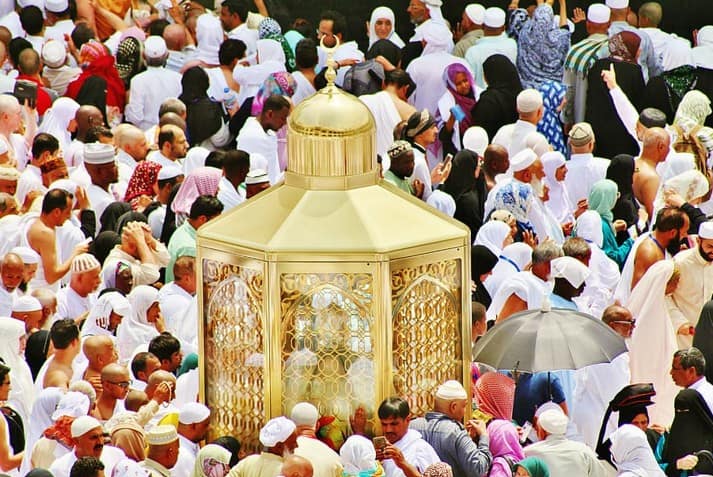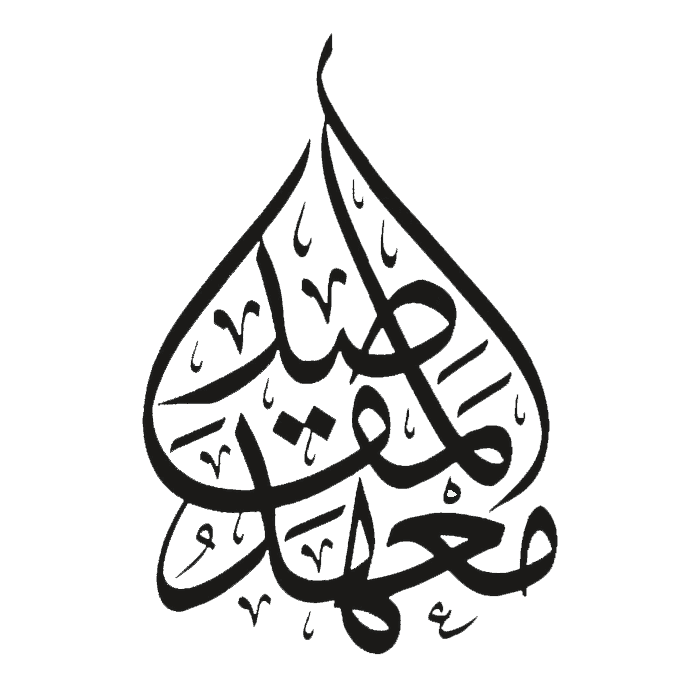by Dr. Ildus Rafikov
One of the most significant challenges faced by Muslims today is the misunderstanding of the term “ummah.” Many view the ummah as primarily a political, military, or economic entity, envisioning it as a homogeneous force unified by common goals and interests. However, this notion of unification contradicts God’s universal law of diversity. Just as entropy does not signify disorder but rather a movement toward greater complexity and order, the ummah is not about uniformity but about elevating diversity and recognizing the unique roles of individuals within the broader community.

The concept of the “One-Person Ummah” serves as a powerful reminder that for the collective success of the ummah, each individual Muslim must strive to embody the values and ideals of Islam. This means assuming personal responsibility for one’s actions and upholding God’s guidance on earth. The unity of the ummah is rooted in the ethical and spiritual development of every believer, forming a mosaic of righteous individuals whose collective actions shape the community.
The Essence of the One-Person Ummah
The “One-Person Ummah” is not about isolation or self-sufficiency, but rather about each individual striving to become a microcosm of the ideal ummah. Every Muslim should aim to live according to the highest ethical and spiritual standards, reflecting the broader community’s values. This personal responsibility is emphasized throughout the Quran, which repeatedly stresses individual accountability. The Quran reminds us that on the Day of Judgment, no soul will benefit from another’s actions—each individual will be judged based on their own deeds (Quran 82:19).
This principle highlights that while we are part of a larger community, our success or failure is determined by our own choices. The Quran teaches that even Prophet Ibrahim (Abraham) was regarded as an “Ummah” in himself, embodying the values and principles that define the ideal community (Quran 16:120). The health of the ummah, therefore, is intrinsically tied to the moral and spiritual well-being of its members.
The Foundations of Spiritual Development
To build a true One-Person Ummah, one must begin with personal spiritual growth, which the Quran guides through four key elements: fiṭrah (innate disposition), wijdān (conscience), ‘aql (intellect), and irāda (will). These “inner messengers” serve as divine instruments for personal transformation and are meant to be cultivated and aligned with God’s guidance.
The fiṭrah represents an innate inclination towards goodness and truth, while wijdān, or conscience, serves as the moral compass that helps discern right from wrong (Quran 91:7-8). ‘Aql, or intellect, allows us to reflect on the signs of God in the world and within ourselves, guiding us to a deeper understanding of the dīn (Quran 3:190). Irāda, or will, grants us the ability to choose between right and wrong, making us accountable for our actions (Quran 18:29).
Together, these elements form a foundation for spiritual development. The Quran reminds us that the truths of Islam are inscribed in the human heart through the fiṭrah and conscience, and the Quran serves as a powerful reminder to awaken these dormant truths (Quran 30:30).
The Path of Purification
In order to embody the One-Person Ummah, Muslims must embark on a continuous process of purification, or tazkiya, as outlined in the Quran. This purification involves three key aspects: the purification of belief, sincerity in worship, and the purification of character.
Purification of belief requires cleansing our hearts of shirk (associating partners with God) and other distortions of faith, ensuring that we uphold the oneness of God in every aspect of our lives (Quran 2:85). Sincerity in worship demands that our acts of devotion be performed solely for the sake of God, without seeking the approval of others (Quran 2:264). Purification of character involves embodying the exemplary morals and conduct of the Prophet Muhammad (peace be upon him), who was described as the living embodiment of the Quran (Quran 68:4).
Taqwā, or God-consciousness, is the culmination of this purification process. It is the constant awareness of God’s presence and the striving to live according to His will. The Quran teaches that our faith is not merely a set of beliefs but a continuous, active pursuit of righteousness through helping others to goodness (Quran 90:10-18).
The Role of Prophets in Spiritual Growth
Throughout history, God has sent prophets to guide humanity toward righteousness. The Quran highlights the universality of the prophetic message: to worship God alone and to avoid all forms of evil (Quran 16:36). Every prophet, from Adam to Muhammad, exemplified the ideal character and values that form the foundation of the One-Person Ummah.
The Prophet Muhammad (peace be upon him) is the ultimate model for individual development. His life and mission provide a blueprint for spiritual growth, especially for the final ummah. The Quran emphasizes that the Prophet’s character serves as an excellent example for all believers (Quran 33:21). His commitment to worship, reflection, and self-assessment can serve as a guide for Muslims striving to become part of the larger community of believers (ummah) by becoming a better version of themselves.
Individual Transformation: The Key to Societal Change
The Quran makes it clear that societal transformation begins with the transformation of the individual. “Indeed, Allah will not change the condition of a people until they change what is in themselves” (Quran 13:11). True change comes not through external measures alone but through the internal transformation of every individual in society. This personal responsibility is emphasized in the Quran’s address to believers, urging them to act in accordance with the values of Islam and to continuously seek improvement in their character and faith.
The Quran stresses that individuals are ultimately responsible for their own actions and will be judged according to their deeds. The concept of “farḍ kifāya” often misunderstood to mean that one person can fulfill the obligations of the community, should be re-examined. While certain duties may be fulfilled by a group, every individual must take personal responsibility for their actions before God.
The Legacy of Prophet Ibrahim
Prophet Ibrahim (Abraham) serves as a model for the One-Person Ummah. His life exemplified unwavering devotion to God, a commitment to truth, and steadfastness in the face of adversity. Ibrahim’s rejection of idol worship, his opposition to injustice, and his perseverance in following God’s commands despite personal challenges illustrate the key characteristics of a righteous individual within the ummah. His life serves as a reminder that true faith is demonstrated through action, not just words.
Ibrahim’s commitment to truth, his courage in standing against wrong, and his desire to leave a lasting legacy of integrity and honesty continue to inspire Muslims today. His story teaches that one person, guided by faith and conviction, can embody the essence of the ideal community.
Conclusion
The concept of the One-Person Ummah is a call for personal spiritual growth and a foundation for true unity within the Muslim community. By focusing on individual transformation and moral development, each believer can contribute to the collective health of the ummah. As we strive to embody the values of Islam in our daily lives, we take one step closer to achieving the ideal community that Islam envisions—a community built on justice, righteousness, and the pursuit of spiritual excellence.

